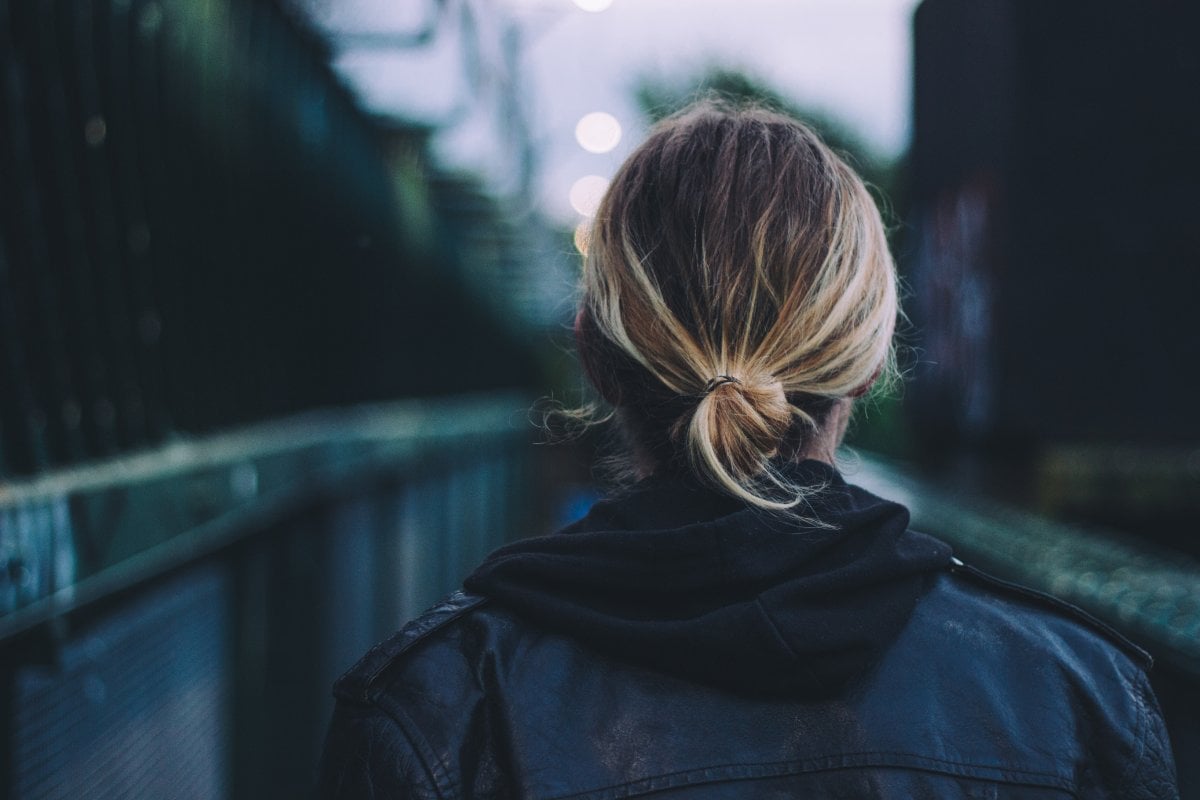
This story discusses domestic violence.
When are we going to finally say, 'Enough?'
When are we going to see police taking accountability for their part in the domestic violence crisis in Australia?
The recent alleged double murder of Luke Davies and Jesse Baird has brought this question to the forefront of many of these discussions.
We need police to take domestic violence and stalking, which often go hand in hand, seriously.
It shouldn’t be a matter of 'who you know' in order for something to be done. Every report should be taken seriously.
I used to be oblivious to the seriousness and deadly outcomes of domestic violence, despite being the victim of domestic violence myself.
Why?
Because as a police officer, all I was ever really shown was to be blase and dismissive.
At 21, I was in a really damaging relationship which resulted in a lot of trauma. But what 21-year-old country girl really understands what 'domestic violence' is? Especially when you go to the police after having a glass thrown at your head in a nightclub and are told: "You have to go to the court yourself to get an intervention order, and they only do hearings on Wednesdays."
Which left me thinking I must have been overreacting.
Part of the domestic violence I experienced also included stalking. I was also a victim of a separate stalking when I was 23, which initially got dismissed by police - but was suddenly taken seriously when I joined the force.

Top Comments